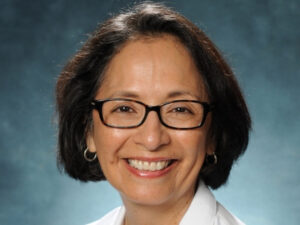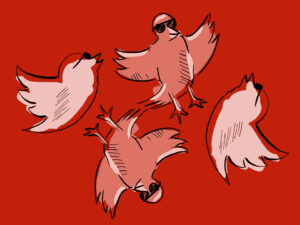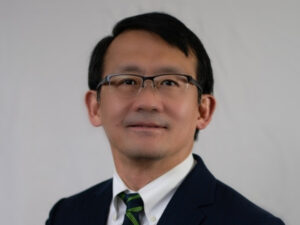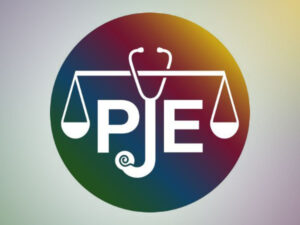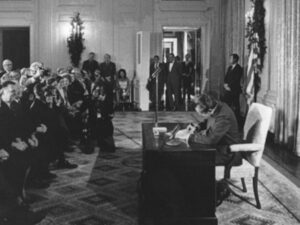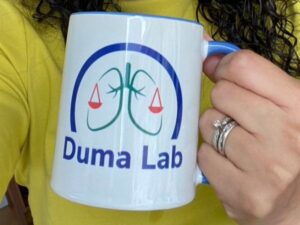Emergent public-private partnerships (PPPs) have risen to the occasion to streamline and coordinate severe acute respiratory syndrome coronavirus 2 (SARS-CoV-2) vaccines. With these monumental efforts have come important public discussions about equitable access and representation in clinical trials (CTs).
In mid-October, First Lady Dr. Jill Biden asked to visit the Hollings Cancer Center at the Medical University of South Carolina to help raise awareness of the need for breast cancer screening, education, and treatment—particularly among underserved minority women.
Spanning part of September and October, it is a time to celebrate and recognize Hispanics or Latinos or Latinx persons* for their contributions. This nationwide observation begins on Sept. 15 when several countries in Latin America celebrate independence—Costa Rica, El Salvador, Guatemala, Honduras, and Nicaragua. Mexico celebrates independence on Sept. 16 and Chile on Sept. 18. Towards the end of Hispanic Heritage Month, Oct. 12 is also recognized as Día de la Raza.1 Persons of Hispanic ancestry have walked the Americas since 1492.
There is reason for concern about fascism rising in the United States. The reason is primarily Trumpism, followed by racism, followed by right-wing seditionist impulses.
NIH ignored my report of sexual misconduct by Axel Grothey—and danced around questions from Congress
While I’m glad that in a recent response to questions from a congressional committee NIH recognizes that sexual harassment is a major obstacle in the advancement of science and has put new processes in place to address this issue, the letter does not adequately address the lack of response in the case of Dr. Grothey.
In early 2020, telehealth was a hot new trend in patient care, but with utilization sporadic and episodic at best, providers were generally skeptical as to whether this virtual technique of delivering care was a viable option for advanced clinical services, especially in oncology.
The prevalence of workplace harassment, discrimination, and retaliation experienced by women physicians, especially women of color, is alarmingly high.
Incredible advances in cancer care are of no benefit to cancer patients if they can’t access them. Sadly, for too many cancer patients, our current system places barriers in their path to accessing the optimal clinical care for their diagnosis.
Letter to the editor by Donald L. “Skip” Trump, MD, and Eric T. Rosenthal, coauthors of Centers of the Cancer Universe: A Half-Century of Progress Against Cancer
Robust and effective mentorship is imperative to building a successful career in academic medicine.




